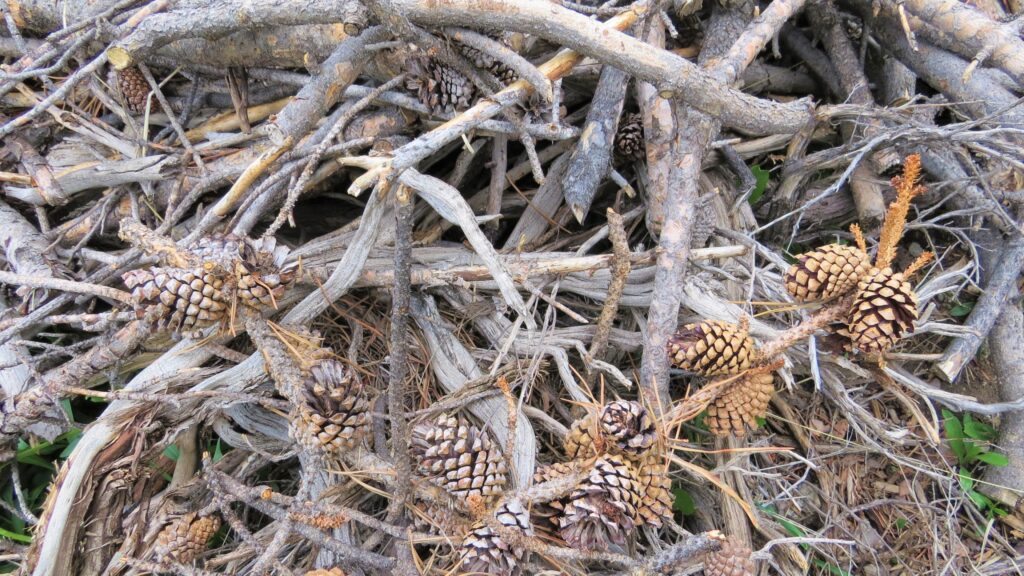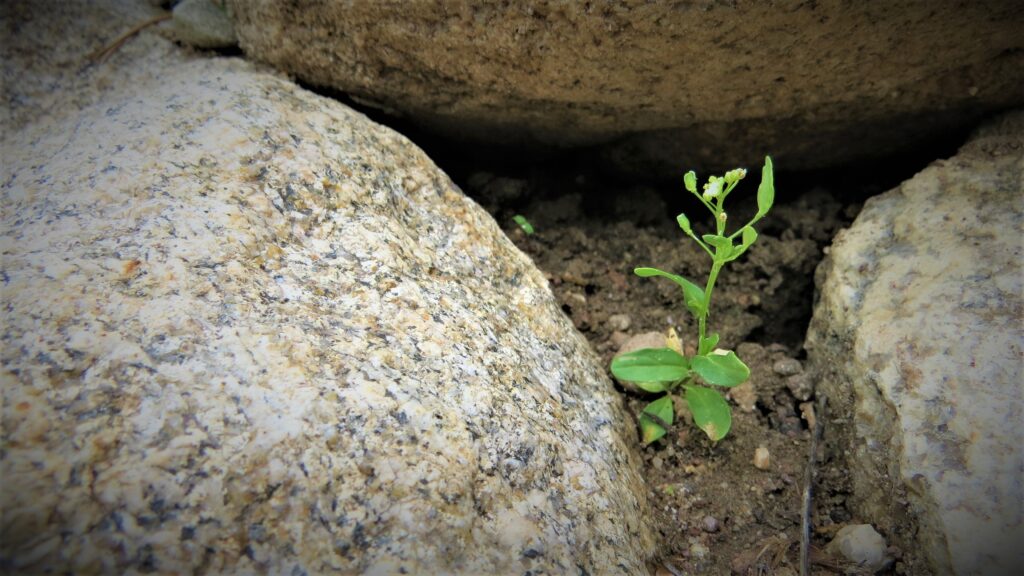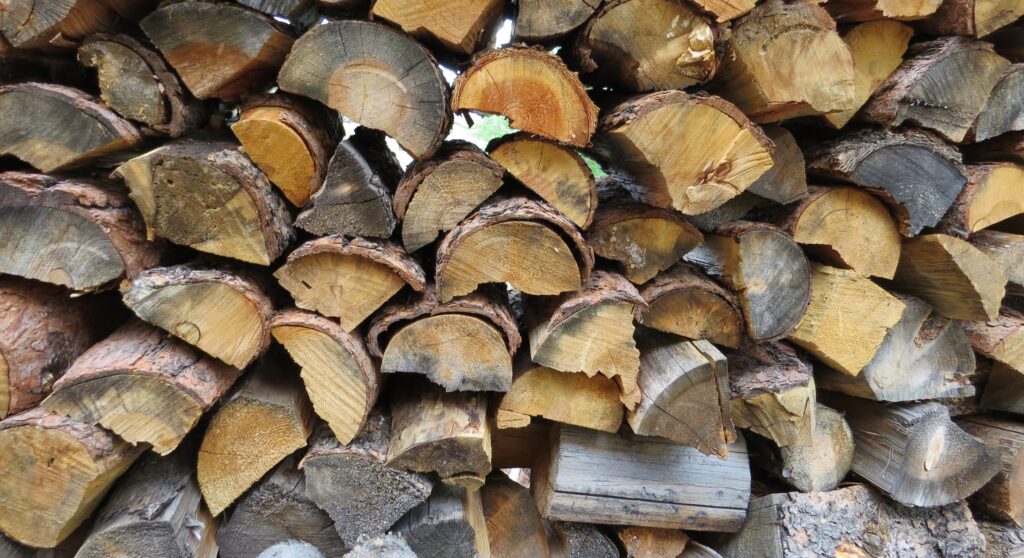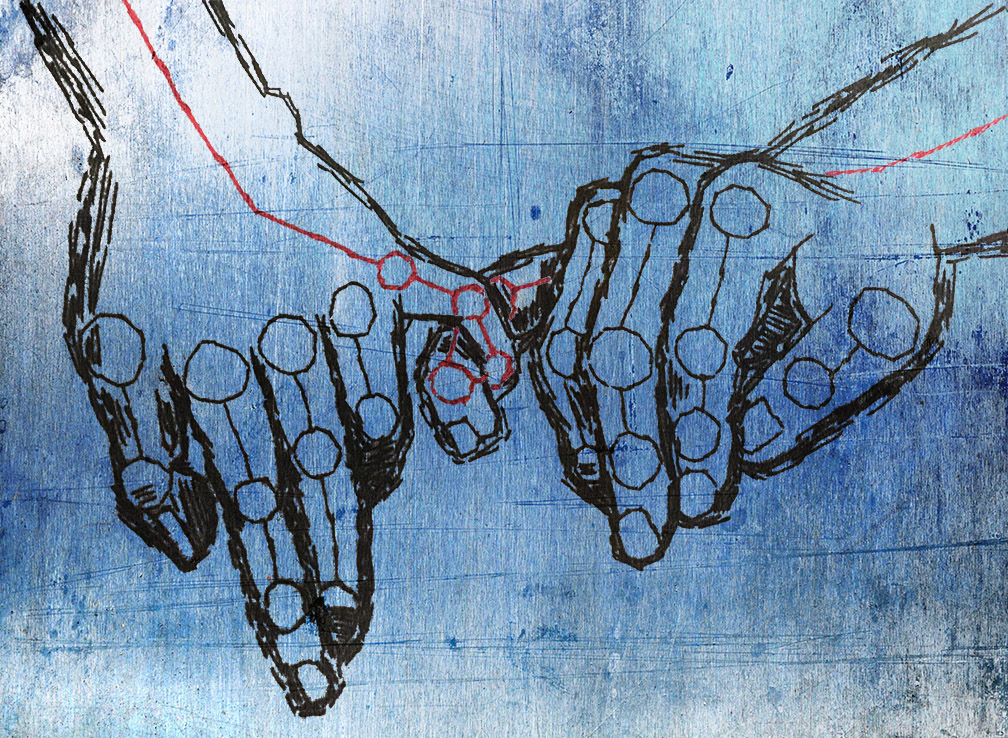Something Feels Familiar: A Pandemic Déjà Vu and the Value of a Shared Experience
I think most of us in the United States can agree: The last three months have felt more like three years. My brain is exhausted, as if it’s permanently stuck in the final leg of a triathlon that won’t end, and has been shaken by events, uncertainty, fear, hope and growth.
As we arrive at mid-June, COVID-19 news coverage has been sharing space with continuing Black Lives Matter protests and conversations that are starting to create a groundswell of changes and self-examination in our country. We’ve pressed the reboot button in terms of understanding how COVID-19 is going to spread this summer as we watch for the effects not only of state re-openings, but of mass gatherings, which we hadn’t anticipated several weeks ago.
The uncertainties and unsteadiness remain palpable for many, which is something that doesn’t surprise me. I had an understanding back in March of the imprint such monumental change would leave on our brains in the medium- and long-term.
In the first days after COVID-19 was declared a global pandemic, I almost immediately began to feel eerily familiar emotions and thoughts, and even physical sensations in my body. An “I’ve been here before.” A sort of déjà vu, but not really a déjà vu because I didn’t just think I had experienced these sensations before, but knew I had:
- A swirling, unsteady sensation in my head and body of everything seeming surreal. “This can’t possibly be happening. This can’t be real. It feels like a dream, a nightmare …. a Hollywood B movie.” I would wake up each morning and for just a moment not remember, but then re-experience the news, the reality, all over again. And a wave of dread would wash over me.
- A craving for the way things “used to be,” and grief for the reality I had already lost.
- A realization of a concrete Before and After. “That was Before. That’s gone. This is After.”
- The world outside felt like a scary, unsafe place.
- My world had suddenly become smaller, with most of my time spent in the house or yard.
- I became hypervigilant when outside “in the world,” always keeping track of where people were around me.
- Touch felt unsafe.
I was experiencing trauma.

I knew I was experiencing trauma because I had experienced those same symptoms almost exactly two years prior, after I was sexually assaulted in March 2018. I spent that spring beginning my recovery, but also feeling stuck and frozen in time, as I tried to figure out how to go on with my new reality and engage with the world in a way that felt safe, while wanting desperately to go back in time, to Before.
However, this year, the spring of 2020, I wasn’t experiencing these things by myself, but in concert with every other person on the planet.
Humanity was, and still is, experiencing a collective trauma from COVID-19.
This realization has felt mind-blowing to me. I was fixated on the fact that most of us were not entirely alone in this trauma. Affected differently, yes. Separated from others, yes. Not alone.
I think this fascination results from the fact that I’m still recovering from a trauma that I experienced, endured and processed primarily by myself.
Going through a trauma in which you are the only victim of an event is an incredibly lonely experience. For a long time after the assault, I craved understanding and connection, and my inner Me wanted to scream my story so I could find understanding and connection. To not feel alone.
But achieving that connection became a seemingly impossible puzzle: While I was surrounded by people who loved me and wanted to help, I found it gut-wrenchingly difficult to connect with them in a way that they could really understand what I was going through. It was exhausting trying to explain the experience and resulting effects, like trying to swim through molasses.

I needed to connect, but really couldn’t. Therapy helped, as did talking to other Survivors. But mostly, it felt like I was alone, staring out the window as the world went by without me.
I did not get a measurable sense of relief from this loneliness until more than a year later when I finally was able to meet another Survivor of the same attacker. Though our experiences were different in many ways, there is a primal intimacy and connection there because of the many, many parts of the experience we do share. I don’t have to explain so much. She gets it.
To relate, imagine you are suddenly dropped today into a parallel, pandemic-free universe and are trying to explain the impact of the last three months to your friend there. Where would you even start?
Do you start with the fact that you now clean your groceries and put your mail in quarantine? … How do you explain to that person what it’s like not being able to touch people the way you used to, and about the new weight of a kiss? … How do you explain the depth of personal responsibility you feel for protecting so many other people’s lives, or one specific someone? … How do you explain “social distancing?” … Or explain the effects of spending too much time by yourself or too much time with the same people day after day. … Or what it’s like not feeling safe to go to a movie, to the gym or out to eat for your birthday? … That every time you go to work, it feels like you may be risking your life or the lives of those in your household?
So while my world feels rocked again right now because of the pandemic, along with the political upheaval and civil unrest, I do take some comfort in the shared experience of the storm.
I am not experiencing this alone. I can call numerous people at a moment’s notice and have a conversation about what I’m feeling without having to explain or give a back story.
For me, that is a blessing. That is gold.
I started working on this post before George Floyd was killed, before the protests, before the changes and country-wide introspection (and heated, sometimes violent confrontations) that we are seeing, and hesitated continuing to work on this idea of a shared trauma because we are now seeing just how unequally shared this trauma has been, not only to specific professions but to BIPOC (Black, Indigenous and People of Color) communities. I didn’t want to get it wrong.

But I’m risking this vulnerability because I want to contribute to how we progress forward, what we learn and how we help those people in our lives experiencing other singular or complex traumas.
I can tell you from my experience that recovery from trauma ebbs and flows with subsequent life events, and I know from all the reading I’ve done and people I’ve talked to that results are different for each survivor.
Two years after my assault, I am a different person than I was Before. And in those two years I’ve come to appreciate that this is not a bad thing; I hated my circumstance initially, but now I really like the person I have become and many of the ways I am different. I no longer fully identify with that old version of me, and I no longer grieve quite as much for the Before.
Back in March, I and probably most of us grieved for what we had lost, and we craved the past. At that point news stories and social media posts talked vaguely about the possible benefits of the pandemic — the lighter tread on the environment, for example.
But now in June, as we are also beginning to do the hard work of understanding how to make the American experience more of a positive shared experience, instead of a nightmare for many, I think many of us are starting to see, to get it, to imagine that the world we end up with post-pandemic could be better than the world we at first missed so terribly. And we can start to envision who we will become as individuals and as a society when we come out the other side.
The accompanying art at the top of this post is by Dianna Miguez. Dianna is an artist and designer in Denver, Colorado. Instagram @diannamiguez
The photographs are my own.
Please subscribe to this blog to continue following my healing journey. You can also follow me on social media at:
Instagram: @amiddleagedsurvivor
Facebook: @amiddledagedsurvivor
Substack: @amiddleagedsurvivor
Wishing you love, peace and sparks of joy wherever you are on your healing journey. It is my wish with all that I do and all that I write about for you to know that you are not alone.
Warmly,
